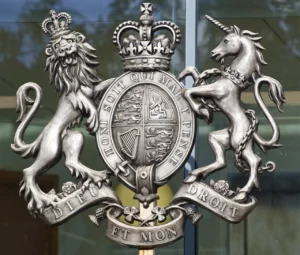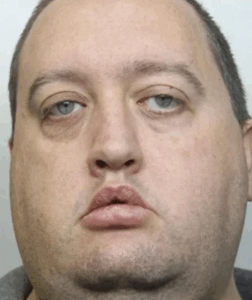Thousands of prisoners in Britain are set to be released early due to a capacity crisis that threatens the stability of the country’s criminal justice system. Justice Secretary Shabana Mahmood announced the emergency measures on Friday, emphasizing the urgent need to alleviate overcrowding in prisons.
“If we fail to act now, we face the collapse of the criminal justice system, and a total breakdown of law and order,” Mahmood said in a press conference. The government will temporarily reduce the minimum time served by prisoners from 50% to 40% of their total sentences. However, this early release policy excludes those incarcerated for violent, sexual, or terror offences, as well as most domestic abuse cases. Additionally, the government plans to recruit 1,000 more probation officers as part of the emergency measures.
The prison population in the UK has been narrowly kept below maximum capacity for several months. Currently, there are approximately 87,505 prisoners in the system, which has a capacity of 88,956, according to the Ministry of Justice.
In June, the Prison Governor’s Association warned in an open letter that “the entire criminal justice system stands on the precipice of failure” and emphasized the need for immediate action to avoid putting the public at risk. The letter highlighted that new prison places being planned would be insufficient to prevent overcrowding.
Over the past year, more than 10,000 prisoners have been released early to manage the crisis. The previous government, under former Prime Minister Rishi Sunak, initiated Operation Early Dawn, a series of emergency measures that were criticized for merely prolonging the crisis rather than addressing its root causes.
Prime Minister Keir Starmer, speaking from the NATO conference in Washington, criticized the previous government’s handling of the prison system. “It is shocking for our country to have got into a state where we have too many prisoners and not enough prison places,” Starmer said. “Some of what we’ve found is shocking. The situation is worse than I thought it was.”
The overcrowding crisis has been more than a decade in the making. The Ministry of Justice faced deep budget cuts during the 2010-2015 coalition government’s austerity program, leading to a plateau in prison capacity and a reduction in resources for the probation service and court system. Growing waiting times for court proceedings have significantly increased the number of people in prison on remand, waiting either for trial or sentencing. According to the Institute for Government think tank, 20% of the prison population is currently on remand.
Additionally, the institute notes that longer sentences for crimes such as assault and robbery have contributed to the growing prison population. Despite a decline in convictions since 2010, the number of people being recalled to prison for breaching release terms has doubled since 2016, further reducing capacity.
In a move signalling potential reform, Starmer appointed James Timpson, a criminal justice reform advocate and owner of a popular chain of locksmiths, as a junior minister for prisons. Timpson has argued that less than a third of people in prison should be there, advocating for rehabilitation and community orders over incarceration.
While Starmer has not fully endorsed Timpson’s position, the appointment suggests a new direction in criminal justice policy. Starmer, a former director of public prosecutions, is familiar with the criminal justice system and appears committed to reducing the prison population as part of his broader reform agenda.
The Labour Party, now in power, has pledged to adhere to strict fiscal rules, leaving little room for significant revenue generation. However, addressing the court backlog, which has contributed to the prison crisis, will likely require substantial resources, adding financial pressure on the new administration.


































